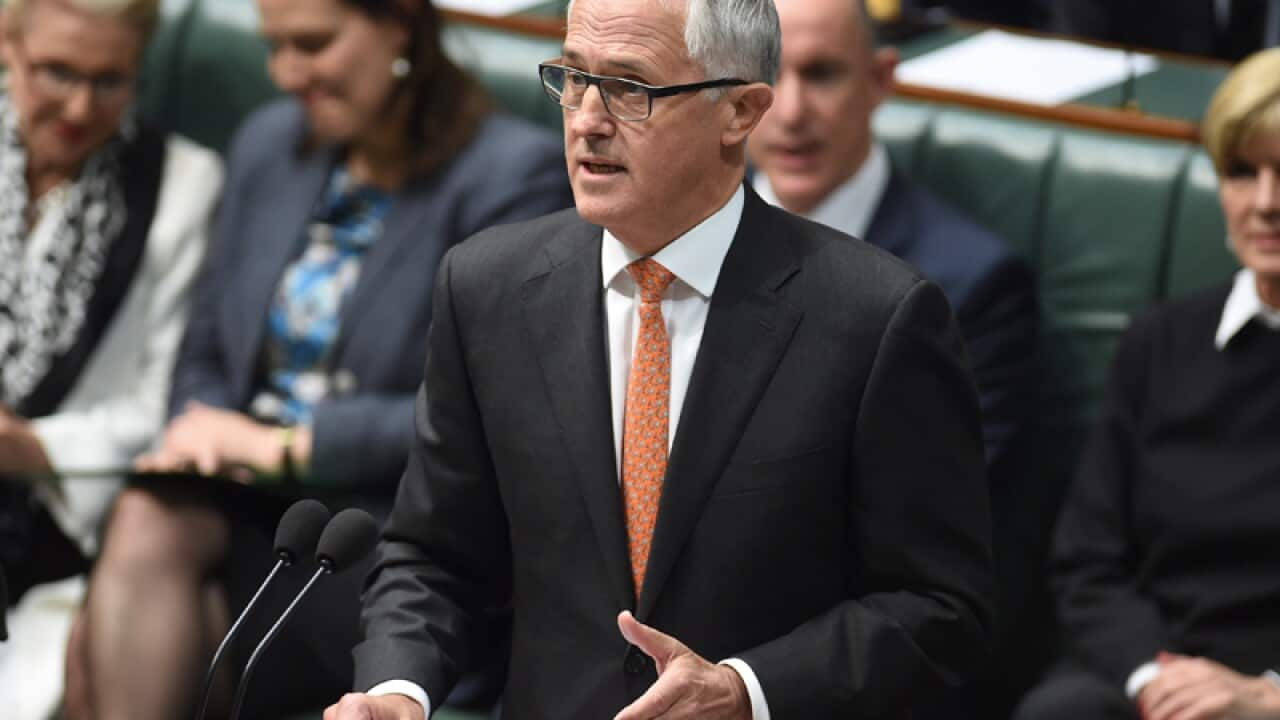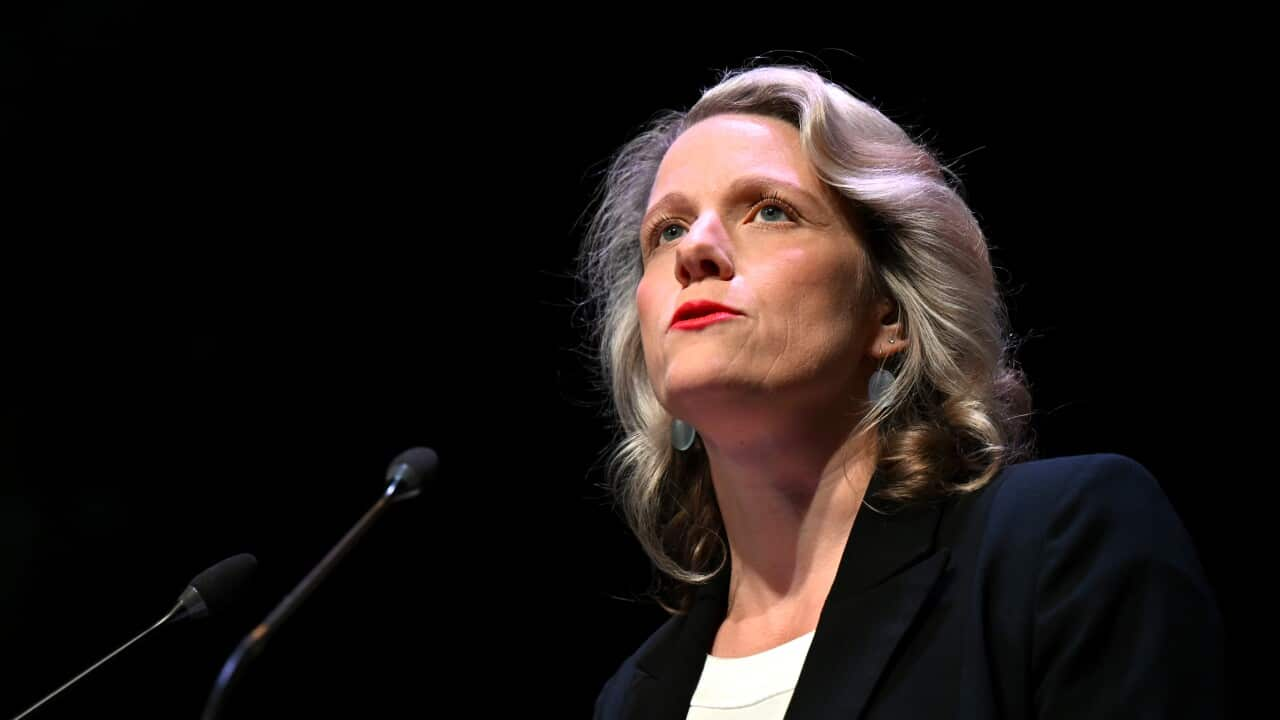Mental health professionals have declared their support for the federal government's mental health reforms, but many are waiting for further detail on how the new system will work.
The government says the reforms focus on a number of concrete actions:
- Contestable mental health services will be commissioned, not delivered, through the recently established primary health networks.
- Coordinated packages of care will be created for people with severe and complex needs and flexible support for mild and moderate needs.
- A new digital mental health gateway will optimise the use of digital mental health services.
- A new approach to suicide prevention, co-ordinated by primary health networks.
In a statement Australian Psychological Society executive director Lyn Littlefield said the proposed changes would "lead to a more integrated and coordinated approach" to mental health care.
She said the focus on children, young people and Aboriginal and Torres Strait Islander mental health was also welcomed.
Chairman of the reforms were "broadly what individuals and families have been demanding, and what the National Mental Health Commission has recommended".
"Although while still silent on detail, beyondblue supports in principle the government’s redirection of funds to the Primary Health Networks (PHNs) because they are best placed to understand local needs, and to deliver and monitor performance and outcomes for their communities," he said.
"The introduction of low-intensity early intervention services is extremely welcome and beyondblue’s successful NewAccess program proves this works. We look forward to assisting the PHNs in any way we can."
Mr Kennett said he had some reservations about the level of support the PHNs would need to adjust to their "rapidly increasing responsibilities".
READ MORE

Ley defends health insurance survey
"This will demand exemplary governance and having people with personal experience of mental illness and suicide at the table to ensure they understand the complexities of mental health issues in their communities," he said.
Griffith University School of Medicine Neuropsychiatry and Neurodisability Professor Harry McConnell said mental health care for individuals had to date been "fragmented".
"There has been little coordination between different specialists, the GP and the Community Disability carers involved in a patient's treatment," he said.
"There has been a silo mentality in working with the population who has complex needs. This has resulted in unnecessary waste of resources and inappropriate care particularly for those with multiple comorbidities."
Professor McConnell said he was "pleased to see the new mental health plan has addressed this and hopefully sets out a blueprint to better assist people with complex needs".
"The one-size-fits-all model does not work and wastes resources," he said.
"The key, of course, will be in seeing how this is implemented and where the priorities are set.”
Mental health an economic cost
In announcing the new plan, Prime Minister Malcolm Turnbull emphasised the impact mental health had on Australia's economy.
The government spent about $10 billion annually for mental health treatment which needed to be delivered more effectively, he told reporters in Parliament House on Thursday.
"The impact of depression and other mental illnesses on our productivity, I think all of us know this if not from personal experience from friends and family ... is enormous," Mr Turnbull said.
Mental illness "gnaws away" at productivity and offering individualised care packages would be "transformative", he said.
Health Minister Sussan Ley said the government had listened to the sector, carers and families and wanted to match services to people's level of need.
"At the moment, it tends to be one-size-fits-all," she said.
National Mental Health Commission chairman Allan Fels cited OECD research showing the cost of mental illness to GDP was four per cent.
"I believe that the economic gains from mental health reform actually dwarf the gains that would be achieved from many of the other economic reforms being talked about at present," he said.
Professor Ian Hickey, from the Brain and Mind Research Institute, acknowledged mental health reforms under earlier previous prime minister John Howard and Julia Gillard.
"But we never got to the structural reform here," he said.
The changes were about getting support where you live, Professor Hickey said.
"If you are a young person who needs drug and alcohol support, needs education support ... needs a mental health nurse to attend to the physical problems alongside the psychological problems, they will be able to cash out the packages of care in their regions," he said.










